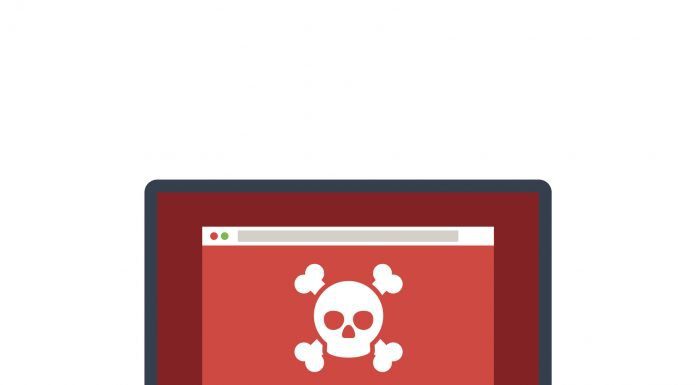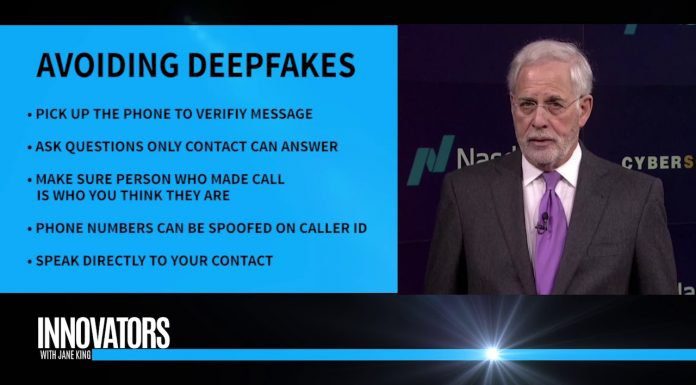Get in Touch
Hackers successfully breached the servers of a popular blogging platform and used them to mine cryptocurrency.
Ghost, a Singapore-based blogging platform with 2,000,000 installations and...
Cybercriminals are actively targeting Covid-19 hotspots with malware and phishing campaigns, according to a new report from Bitdefender.
The report, “Coronavirus-themed Threat Reports Haven’t Flattened...
For the last few years, cybersecurity experts have been sounding the alarm on something called e-skimming. In this kind of attack, hackers intercept payment...
A newly released program allows users to create real-time deepfakes on video conferencing platforms including Zoom, and Skype.
Avatarify is an open-source program that can...
Two critical zero-day exploits for the Zoom video conferencing platform just hit the market.
The alleged exploits take advantage of vulnerabilities in Zoom’s Windows and...
The Covid-19 pandemic created an opportunity for hackers to target the newly remote workforce. Hospitals have been targeted by ransomware (despite initial assurances to...
Researchers at the cybersecurity firm Sucuri have uncovered a new set of e-skimming attacks targeting websites using the WordPress WooCommerce e-commerce plugin.
E-skimming attacks typically...
Businesses across the country have had to adjust to their employees working from home. For many it was a last-minute scramble to adjust to what has become...
In the latest episode of Third Certainty, Adam Levin explains the danger of voice deepfakes.
Marriott International announced a data breach that may have exposed the information of 5.2 million guests. Among the information potentially compromised are names, birthdates,...














